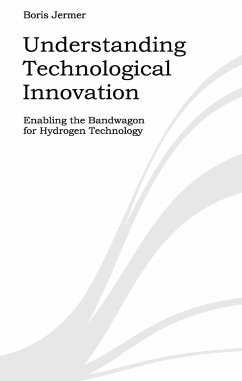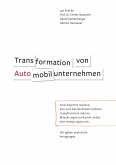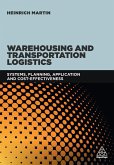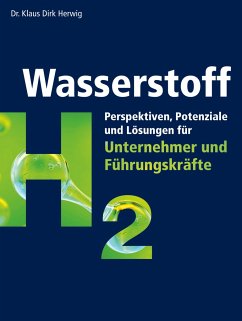This book aims to give a comprehensive survey of the ongoing technological change in automotive propulsion technology. It attempts to substantiate current technological developments with theoretical approaches and to show current market developments at the same time. Combining both the theoretical and the practical points of view this thesis should lead to a deeper understanding of technological innovations within the field of hydrogen and fuel cell technology for vehicular applications. By (i) showing that this technology is embedded in other technological systems, (ii) analysing the actual stage of its diffusion, (iii) showing, on base of a case study, that hydrogen technology is close to market but needs to overcome several obstacles in order to enter large scale commercialisation, and (iv) describing the consequences for further development. It will conclude by suggesting potential market entry strategies and presenting some topics for further discussion.
Bitte wählen Sie Ihr Anliegen aus.
Rechnungen
Retourenschein anfordern
Bestellstatus
Storno








